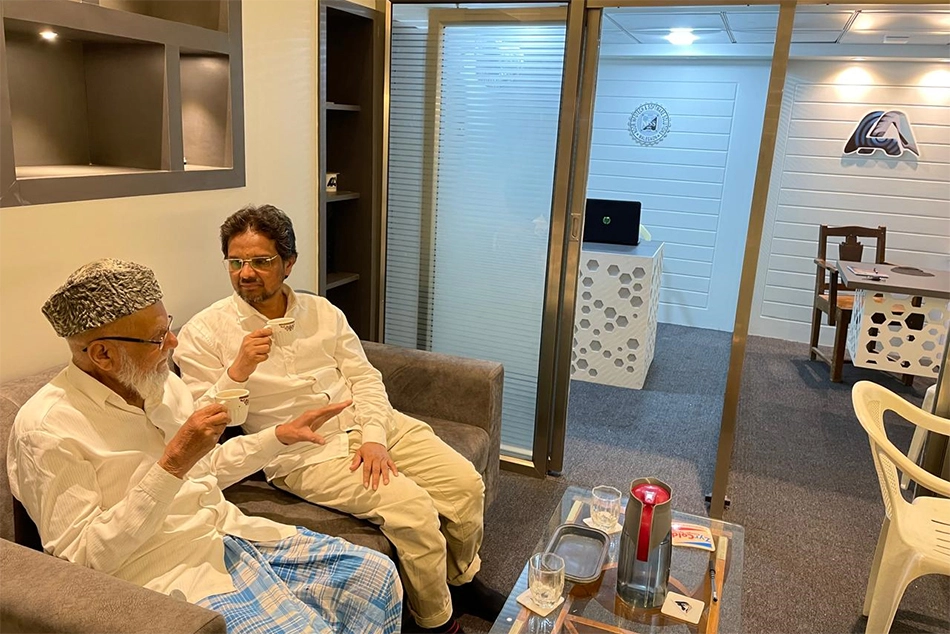
IRDAI’s New Reforms: What They Mean for India’s Health Insurance Sector?
The Insurance Regulatory and Development Authority of India (IRDAI) has recently rolled out significant regulatory reforms aimed at modernising India’s insurance industry. In this blog, we’ll explore the core reforms, their relevance to health insurance plans for family and how stakeholders should prepare.

The Insurance Regulatory and Development Authority of India (IRDAI) has recently rolled out significant regulatory reforms aimed at modernising India’s insurance industry.
These changes carry important implications for the health insurance sector. It affects how policies are designed, priced, distributed and claimed. In this blog, we’ll explore the core reforms, their relevance to health insurance plans for family and how stakeholders should prepare.
Why the Reforms Were Needed?
Historically, policy-holders faced barriers related to the following: entry age restrictions, long waiting times for preexisting illnesses and overly complex exclusion clauses. These restrictions acted as strong entry barriers for older adults and those with chronic illnesses to get health insurance for family.
As the regulator of orderly development and protection of consumers, the IRDAI recognised that it was necessary to modernise health-insurance norms. This was aimed at fixing inefficiencies in the insurers and consumers, minimising disputes, and providing a more inclusive framework.
What Are the Key Reforms?
The IRDAI’s new reforms improve access, clarity and continuity in health insurance by the following five statements:
- Removal of Age-Entry Limits: In previous years, most of the policies had an entry limit at around 65 years of age, and senior citizens had limited options to get health coverage. Insurers are no longer required to restrict the products being offered to at least one and exclude age limits. Thus, it makes it easier for individuals to get their Parents health insurance without having any age-specific restrictions.
- Reduced Waiting Periods for Pre-Existing Diseases: Reforms have reduced the pre-existing diseases from four years to three years of waiting periods.
- Standardisation of Exclusions: The IRDAI has simplified the nature of the exclusions that need to be written so as to avoid indeterminate or arbitrary statements.
- Moratorium Period, Renewability, and Portability: The moratorium period, after which non-disclosure cannot be used to reject claims, has been reduced to five years.
- Customised Plans and Better Support Channels: The IRDAI is urging the insurers to write specialised plans to cater to older citizens, children, maternity requirements, and students.
How Do These Reforms Shape Family Health Insurance?
The new reforms from the IRDAI shape the family health insurance in five structured ways, which are as follows:
1. Easier Inclusion of Senior Citizens
The removal of age entry limits allows families to add elderly parents to their health insurance plans. This change supports unified coverage, which helps households to manage premiums, benefits and renewals through a single policy.
2. Earlier Financial Support for Ongoing Health Conditions
Shorter waiting periods mean families do not have to delay treatment due to policy activation timelines. Medical conditions like diabetes, arthritis, or thyroid that are prevalent among all age groups are covered sooner, hence limiting the expenses incurred in repeated medical conditions.
3. Clarity at the Time of Claims
Standardised exclusions provide the family with a clear understanding of what is in their policy. This simplifies the selection of plans and allows one to select coverage that fits particular medical needs.
Prominent AYUSH guidelines are also useful in making households that adopt traditional or combined treatment aware of how the choice will be supported.
4. Stronger Long-Term Security Across the Entire Family
The shorter moratorium period will enhance the long-term security of the whole family. The policy has a stable coverage after five years of uninterrupted coverage to the same treatments that might spill into months or years.
This availability has created extensive opportunities in making the best health insurance for both individuals and families.
5. Flexibility to Move to a Better Plan When Needed
Better portability allows families to use another policy when their needs vary. It helps in the transition, like getting ready to give birth, getting a wider maternity plan or even a plan with a larger hospital network.
Portability is also advantageous when families move or identify a plan that has features that can fit their present lifestyle. This makes coverage applicable at every phase of life.
6. Features That Support Every Stage of Family Life
Individual plans offer focused benefits for maternity, child health, regular check-ups and senior wellness plans. Specific follow-up and appointment channels are provided with respect to older members.
These aspects form a balanced policy framework that favours all the family members.
Insurers such as HDFC ERGO offer family-focused plans with age-specific features and structured support services. They help strengthen this experience by addressing the unique needs of each family member.
Final Thoughts
The IRDAI’s reforms create a more open, structured and family-focused health insurance service. By widening eligibility, shortening waiting periods, clarifying exclusion and stretching long-term protection.
The new framework supports smoother access to care for the age group. The new reforms allow families to get tailored plans.
As insurers adapt to these guidelines, the insurance sector is set to bring more options and strong support for individuals across the country.
Follow ummid.com WhatsApp Channel for all the latest updates.
Select Language to Translate in Urdu, Hindi, Marathi or Arabic







